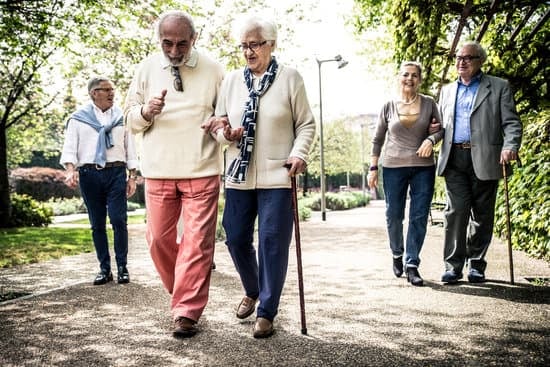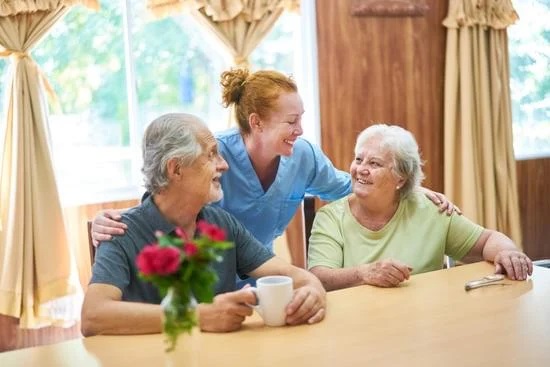
Here is part two of our Christmas made easy tips!
- If you are hosting people over Christmas, start making a menu and a shopping list now. You can just jot down menu ideas and google recipes here and there, saving them by bookmarking them on your phone or desktop.
- Know and diarise when you are going to put in an online shopping order or go to the shops. Lots of online supermarkets have a day when they release their Christmas slots, so do check online if you want one of those.
- If you are buying specific Christmas food, some shops have catalogues and order cut-off dates. Most of these ask you when you would like to collect the items. Make sure you get your orders in before the cut-off.
- We always make sure to pick things up / get them delivered with a shopping day or two to spare so we can pop out and get anything that was missing.
- If catering makes you stressed, ask people now to make and bring something so it’s less stressful for you. Make sure you know what it is so you don’t double up.
- Prep as much as you can the day before – you can peel veg and store them in containers or bags in the fridge the day before. You can even pre-roast potatoes and other root veg, so you can then pop them back in the oven to crisp up when the meat (if you have meat), is resting. We love a Delia Smith Parsnip Roulade, but we still cook a bird for the rest of the family!
- Get other people to help with the clean-up so you can rest and enjoy the remainder of the festive season!
If you need help making a Christmas plan, let us know, we’d be happy to help.



















